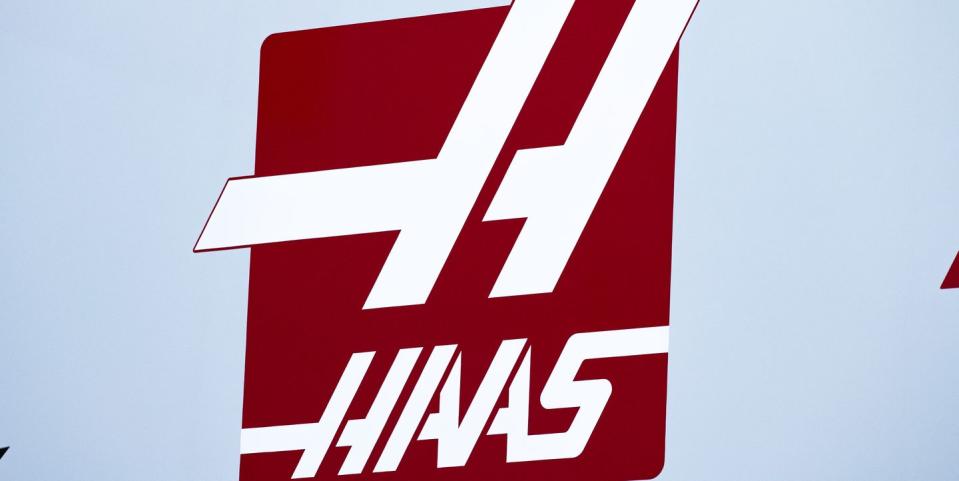Ukranian Watchdog Accuses Haas of Breaking Sanctions to Sell Machines to Russian Arms Manufacturers (UPDATED)

American manufacturing technology giant Haas Automation has been accused of violating U.S.-led sanctions on Russia, according to a Ukrainian watchdog report filed with U.S. regulators and reported by PBS Newshour. Haas strongly denies the claims.
Update 3/16/23, at 10:28 a.m. E.T.: This story has been updated with Haas Automation and Haas F1's responses to the allegations.
Road & Track has not independently viewed and verified the documentation referenced by the PBS report (though we have reached out to the watchdog), but the outlet cites evidence that Haas continued sending computer numerical control (CNC) machines to Russia after strict sanctions were announced by Western powers. These highly complex machines are used to produce complicated parts that require precise, robotic, computer-controlled manufacturing processes. Russia's limited ability to produce competitive machines is a key strategic weakness, and a chokepoint that massively limits its ability to produce high-end guided missiles, complex vehicles, airframes, and munitions. Cutting off its ability to import these machines is a key tenet of the Western powers' strategy to cripple the Russian war effort.
The allegation comes from the Economic Security Council of Ukraine. The ESCU is an independent watchdog organization "responsible for identifying and countering internal and external threats to economic security in Ukraine," according to its website. It often publishes information related to companies and countries that are skirting sanctions on Russia.
PBS claims that customs records in its possession show 18 shipments to Russia between March and October of 2022, all directly from Haas Automation. The outlet says the cumulative value of the shipments was $2.8 million.
In a statement to Road & Track, Haas vigorously denied these allegations:
On Tuesday, March 14, PBS ran a story alleging that Haas Automation has directly provided machines and parts to Russia in violation of U.S. export control and sanctions regulations. That story is simply false, both in its overall impression and in many of its particular statements.
Key Points:

 Yahoo Autos
Yahoo Autos 